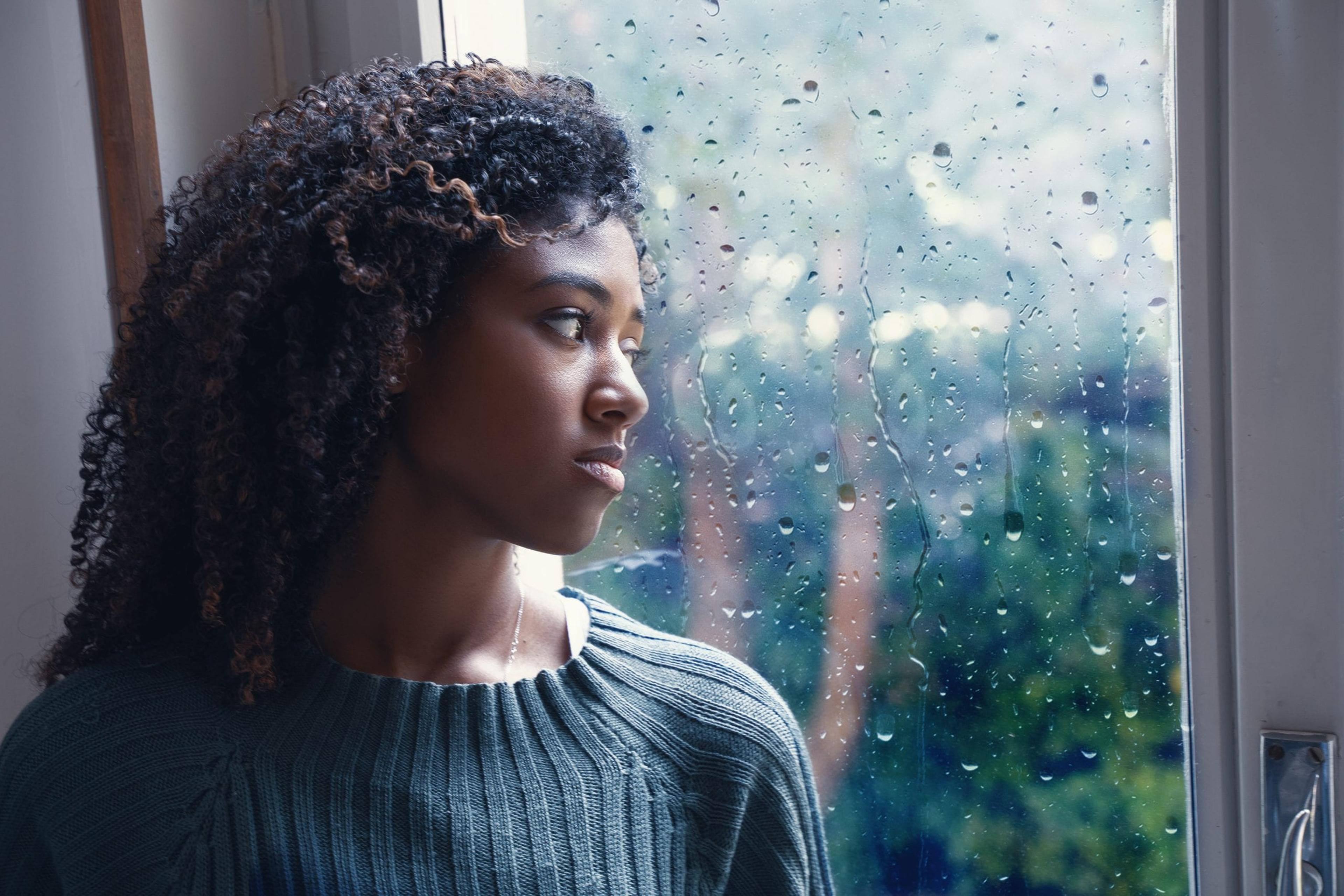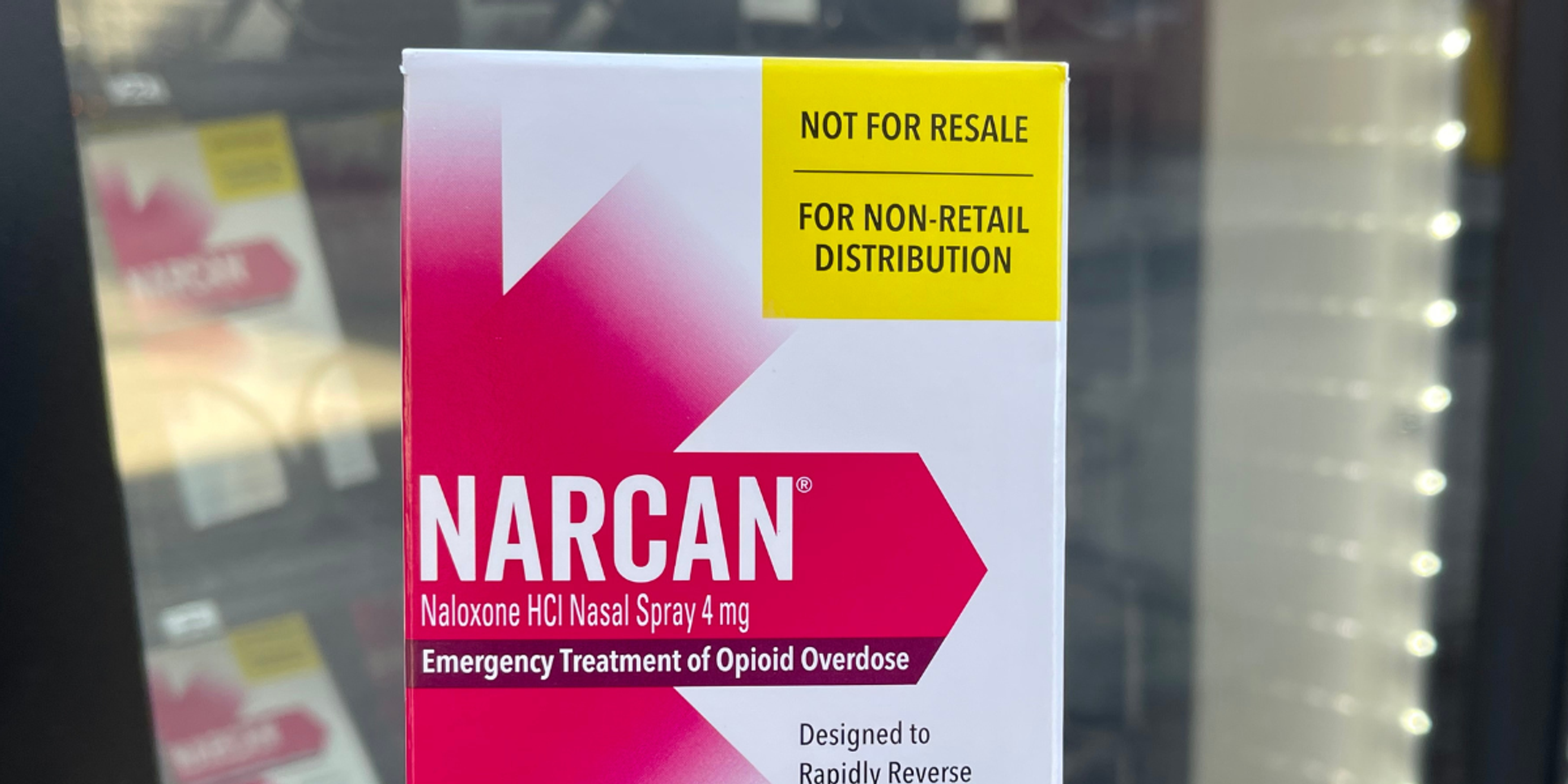Dealing with the Winter Blues and Isolation from COVID-19
Shandra Martinez
| 3 min read

Each winter, about 10 million adults in the U.S. experience the symptoms of seasonal affective disorder, known as SAD. This type of depression, also called the “winter blues,” is a change in brain chemistry that can be triggered each year by shorter daylight hours. For most people with SAD, they notice changes in their mood or feelings of depression as winter approaches. These feelings tend to fade in spring when the daylight hours increase. This winter, people who have SAD may be facing an even bigger challenge because of COVID-19. There are a few reasons for this. Underlying condition. First, the Centers for Disease Control and Prevention has said people who already have underlying mental health conditions could feel an increase in stress or anxiety because of the coronavirus pandemic. This worry about themselves or their friends and family possibly contracting COVID-19 could make existing health problems like SAD seem worse. People are urged to talk to their health care provider or family members if they feel like they need additional support. COVID-19 creates barriers. Mental health experts have expressed concern that social distancing requirements and remote work changes needed as pandemic prevention will create more barriers for people struggling with SAD, according to Yale Medicine. Typically, people who have depression are urged to get outside more, frequently connect with family and friends, engage with colleagues at work and just have more overall face-to-face time with people. COVD-19 restrictions have put limits on what that looks like. Hope for a vaccine. In mid-December, the first batches of coronavirus vaccines were distributed. There is a sense of hope that as more people are vaccinated against COVID-19, restrictions keeping people apart from friends and co-workers can be lifted. Michigan health officials have set guidelines for which groups of people will be a priority for receiving the vaccine. These include frontline health care workers, and people living or working in long-term care facilities. All adults are expected to have access to the vaccine by early summer 2021. How do I know if I have SAD? Only your health care provider can diagnose and outline treatment for this mental health disorder, but many people affected by it have a common list of symptoms. In addition to the 5% of U.S. adults who have SAD, it’s estimated another 66 million people could experience mild symptoms each year, according to Psychology Today. General symptoms include:
- Feeling depressed almost every day
- Losing interest in activities you used to enjoy
- Low energy
- Trouble sleeping
- Experiencing changes in appetite
- Feeling sluggish
Tips for dealing with SAD. Even during this pandemic, there are still things you can do to make yourself feel better if you suffer from this seasonal sadness. Medication and light therapy are two things to discuss with your health care provider. The American Psychological Association also has these tips for helping people combat SAD:
- Find the sunlight: It could be a lunchtime walk or making plans for an outdoor adventure each weekend. At home, move your desk or favorite chair in front of a sunny window.
- Routines are important: Keep your body and mind on track with regular mealtimes. Get up and go to bed at roughly the same time each day. Schedule times to take breaks or exercise indoors. Seeing what’s next on your schedule will help you feel less sluggish.
- Connect with friends: While this is tougher during COVID-19, it can be done with a little planning. Invite a friend for a walk outside or schedule a video call with a long-distance relative or friend, just to get a little face-time. Not tech-savvy? No worries. Even regular phone calls will help you stay connected.
Related:
- Common Winter Injuries: Where to Go for Care
- Your Coronavirus Telehealth Questions Answered
- Prioritize Your Health: What You Need to Plan for in 2021
Photo credit: Getty





